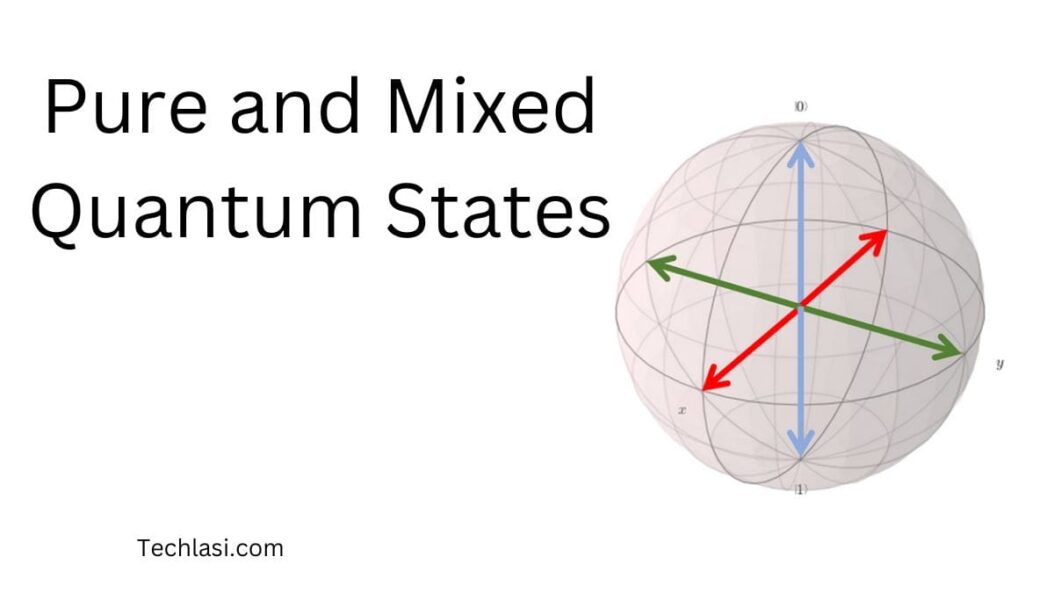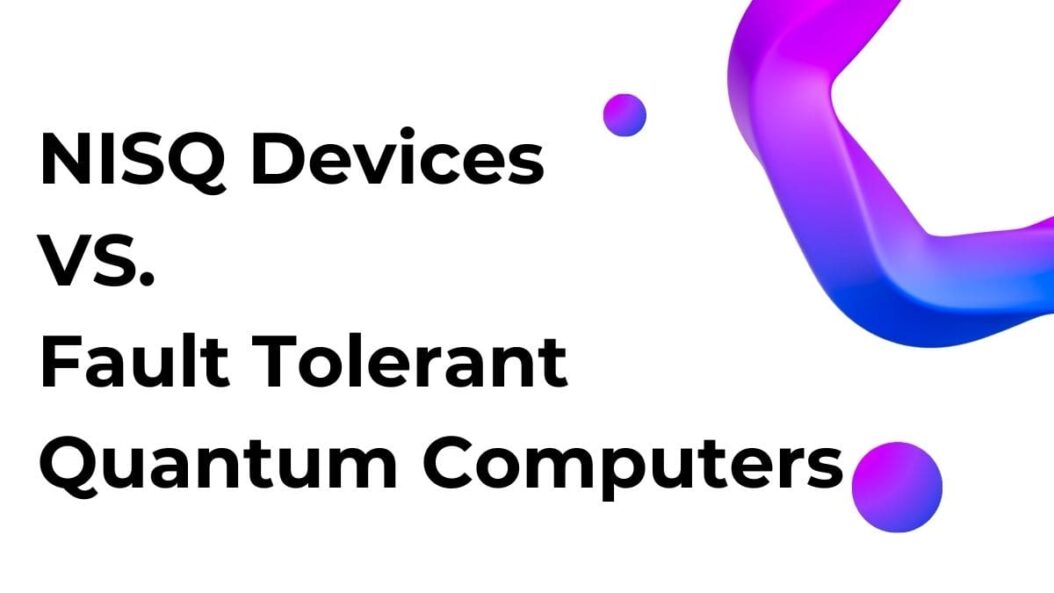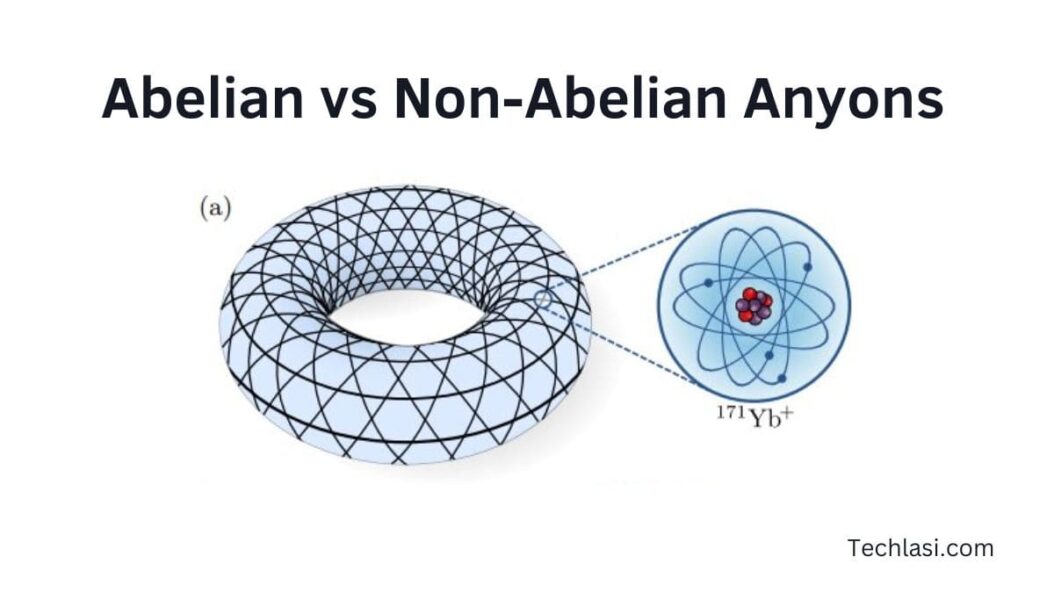Difference between Pure and Mixed Quantum States
Introduction to quantum states Quantum states, also known as wave functions, describe the condition of a quantum system. There are two main types of quantum states – pure states and mixed states. The key difference between them lies in whether the system can be described by a single wave function. Let’s explore this difference further. […]
Difference between Pure and Mixed Quantum States Read More »



